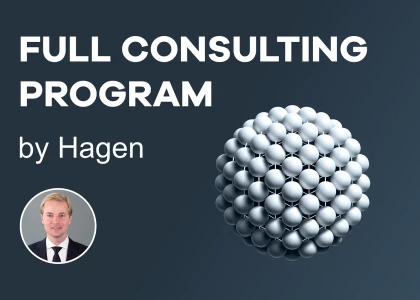Hi
I will hopefully be joining deloitte as a business analyst next month. I want to ask some questions:
What are your best tips to get promoted faster?
What are your best tips for a hopeful transition into mbb or tier 2 in a year?
What do you recommend I do while working such as getting a certain certificate that could help my chances and increase my knowledge and if yes which ones
Thank you

















